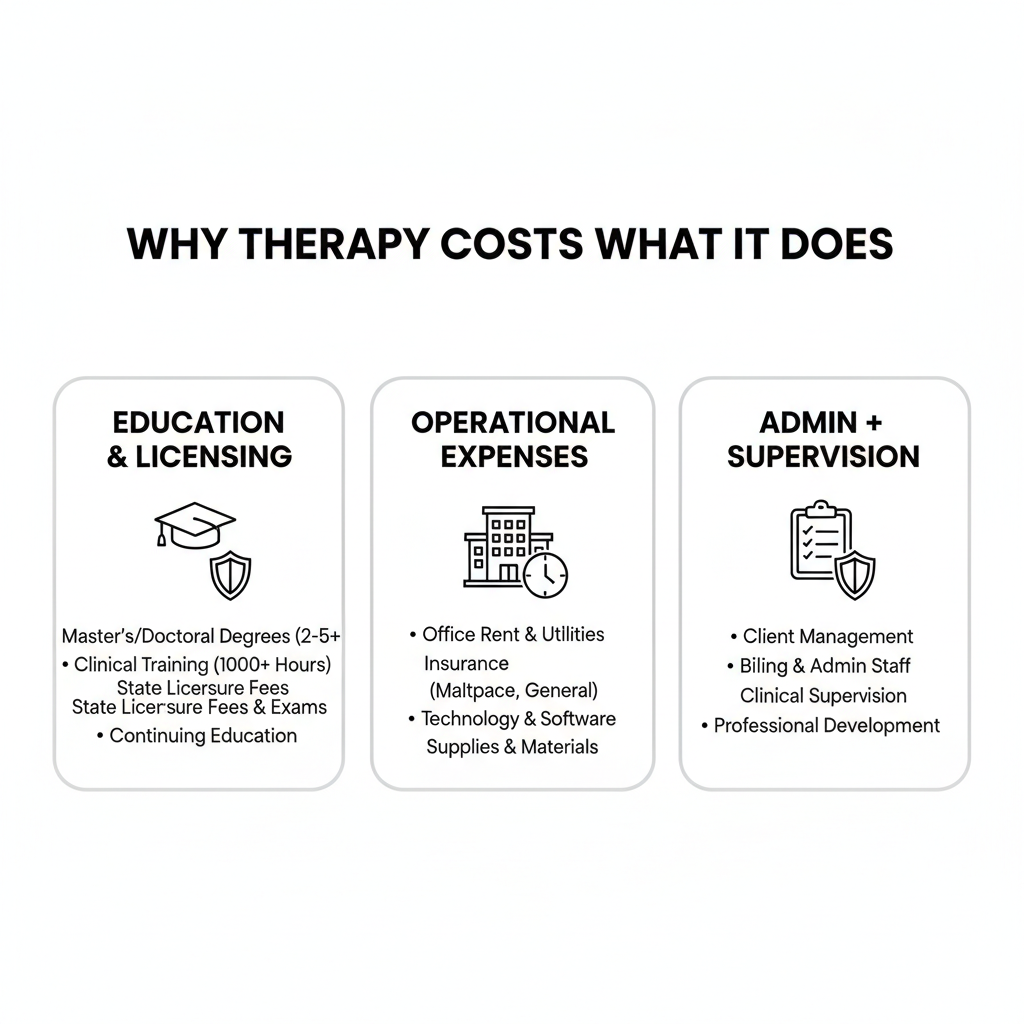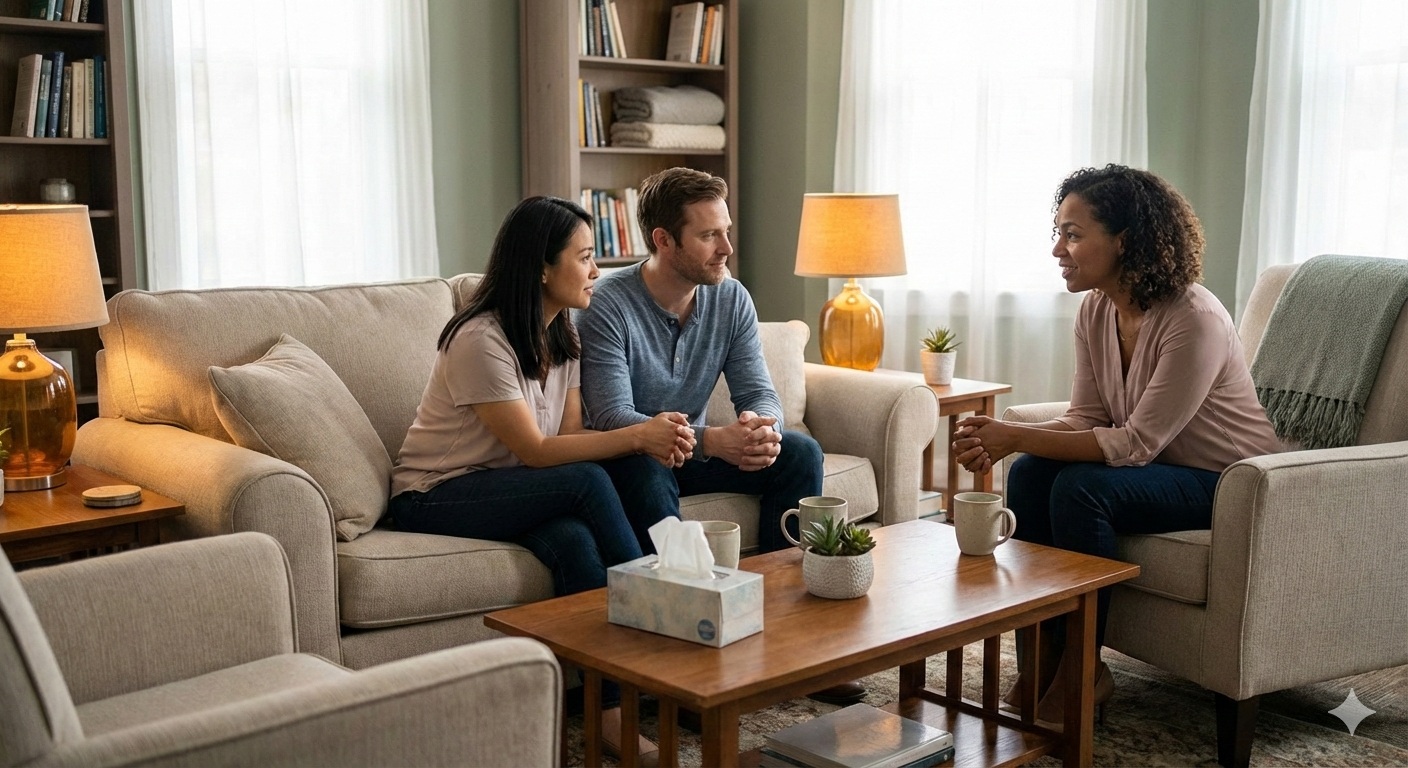Maintaining good mental health is a priority, not an option, but for many in the BIPOC community, talking about it is not always easy due to stigma, cultural pressure, and little to no access to supportive care. Let’s find out why these challenges exist and how culturally aware support systems, like Inner Voice Therapy, are helping to change the conversation and make healing more accessible for all.
Who is the BIPOC Community & Why the Term BIPOC Matters?
BIPOC stands for Black, Indigenous, and People of Color. It is a term that highlights the experiences of systemic racism and social inequality that these communities face. This term diverts the conversation from the general people to Black and Indigenous communities who face oppression, especially in Canada and the United States.
It allows supporters, policymakers, and mental health professionals to focus on solutions, especially in areas like healthcare, education, and housing.
The BIPOC comprises a wide range of racial and ethnic identities, including but not limited to:
- Black and African diaspora communities
- Indigenous Peoples like First Nations, Metis, and Inuit in Canada; Native American tribes in the US
- Latinx and Hispanic individuals
- South Asian, Southeast Asian, and East Asian communities
Mental Health Disparities in BIPOC Communities
The conversation around mental health grabs attention in recent years, but for BIPOC people, the stigma is still deeply present. According to the American Psychiatric Association:
- Only one in three African Americans who need mental health care receive it.
- Latinx adults are 50% less likely than White adults to receive mental health treatment.
- Asian Americans are three times less likely to seek mental health services.
These differences are not due to a lack of need but a complex combination of socioeconomic barriers, systemic racism, and cultural mistrust of the healthcare system.
The Importance of Mental Health Awareness in BIPOC Communities
Mental health awareness is important in BIPOC communities because it helps break down stigma, and promotes early solutions. Due to societal norms, generational trauma, many people suffer. So, raising awareness ensures that everyone finds mental health an important part of overall well-being, not a taboo topic. Here is how we can help make that happen:
Community-Based Mental Health Education
Outreach through churches, mosques, and cultural centers is important to normalize getting therapy and emotional support. Organizations like the Black Mental Health Alliance (BMHA) and Therapy for Black Girls create safe, relatable environments where mental health can be openly discussed and supported.
Mental Health Literacy
It is an important aspect to understand mental illness symptoms, coping strategies, and treatment options. For this, training community leaders and educators with knowledge helps them recognize early signs of mental health issues and guide individuals towards support.
Major Barriers to Mental Health Care in BIPOC Communities
Here are some of the major barriers that stop many BIPOC people from accessing the mental health care they need:
Systemic Racism in Healthcare
There is a long history of racism in the healthcare system such as past abuses, unethical medical experiments and ongoing bias. This makes people less likely to trust or feel safe or heard when going to a clinic.
Lack of Culturally Competent Providers
Many therapists don’t share or understand the cultural backgrounds of BIPOC clients due to language differences, cultural misunderstandings, and unintentional bias. Thus, people of this community cannot feel truly heard and supported.
Cultural Stigma and Misunderstanding
This community is struggling a lot; if they are having any mental health issues, they often hear discouraging phrases like ‘ just pray for it’ or ‘what happens in the family stays in the family’. As a result, mental health issues are often seen as a weakness instead of a real health concern.
Financial and Social Barriers
Mental health care is expensive, and just because of financial problems or lack of health insurance, people of the BIPOC community feel hesitant to seek mental health support. They face issues like transportation, childcare, or job schedules, which can make attending regular therapy sessions difficult.
Financial barriers often prevent people from getting the care they deserve; that’s why we offer affordable therapy solutions in Mississauga to help you begin your healing journey.
How Discrimination Impacts Mental Health?
If a person constantly faces racism and discrimination, such as police violence, immigration stress, and inequity in education and employment. These results in mental health disorders like:
- Depression
- Post-Traumatic Stress Disorder (PTSD)
- Anxiety Disorders
- Substance Use Disorders
Solutions for Equitable Mental Health Care
- It is important to focus more on community mental health programs led by BIPOC professionals to create a trusted support network.
- We need to use media, influencers, and education campaigns to reduce stigma and encourage open discussions about mental well-being.
- It is important to offer low-cost therapy options and expand telehealth to reach underserved areas.
- There is also a need for positive representation of therapy and emotional vulnerability in media, music, and social influencers that helps to dismantle stigma among younger generations.
Inner Voice Therapy- How We Empower BIPOC Individuals
Inner Voice Care is based in Mississauga, Ontario, and the mission is to break the stigma around mental health in BIPOC communities. We raise awareness, provide education, and show that asking for help is not a weakness. Our team provides culturally sensitive mental health care to the BIPOC community by offering them:
A Safe Space for Healing
We create a safe, judgment-free space where BIPOC individuals can talk openly about their challenges, especially the struggle between cultural identity and fitting into society.
Healing Generational Trauma
Many BIPOC individuals carry trauma passed down through generations. We help clients explore these deep-rooted experiences and develop tools to heal and grow individually and as families.
Therapy Services Designed for You
We understand that every person’s story is different. That’s why we offer:
- Individual Therapy that is focused on identity, self-worth, and mental wellness
- Couples Therapy to help intercultural relationships thrive
- For shared healing in a supportive setting, there is group therapy.
- Workshops on topics like racism, assimilation, and emotional resilience
Multilingual, Inclusive Support
With us, you can get therapy in multiple languages and understand different cultural backgrounds. This helps our clients feel seen, heard, and truly understood.
Final Words
Mental health awareness and support should be equally acceptable and accessible for the BIPOC community. By raising awareness, breaking stigma, and offering culturally sensitive care, we can help BIPOC individuals feel seen, heard, and supported.



